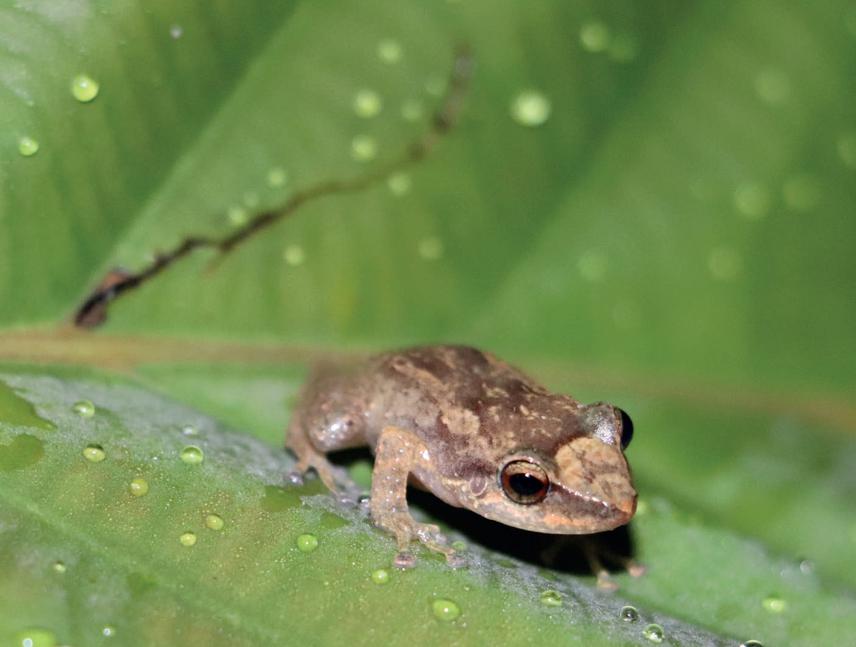Article featuring the project on Costa Rica Wildlife Foundation website.
Jimmy Barrantes-Madrigal
Other projects
The aim of this project is to increase the level of knowledge about the introduced common coqui frog (Eleutherodactylus coqui) at a local and national level and raise awareness about the problem of invasive species.

The common coqui frog (Eleutherodactylus coqui) has been cataloged as one of the 100 worst invasive species in the world. However, our previous Rufford Small Grant project (“The common coqui frog: a latent threat in Costa Rica”) represented the first research about this introduced species in Costa Rica since its introduction nearly 20 years ago. Thanks to data from that project, we identified that there is a low level of understanding about this alien species by local people and it could be a factor that facilitate this species to become invasive.
People are more willing to transport this frog to other localities because they are unaware that it is an introduced species. In addition, there is local resistance to management actions due to a lack of information that this species is likely to become problematic in the local ecosystem.
The aim of this project is to increase the level of knowledge about the introduced common coqui frog at a local and national level and raise awareness about the problem of invasive species.
We will give seminar talks, workshops and design poster, videos and other informative materials to provide local people and stakeholders with the information regarding why a potentially problematic introduced species should be managed, how it will be managed, and what considerations should be taken to prevent its spread.
We expect that increasing awareness of local community about the potential impacts of E. coqui and the problems associated with biological invasions will reduce the risk of dispersion of E. coqui by human actions. This will prevent negative impacts on other ecosystems that this frog might invade, maintain the current invasion on a controllable scale, and reduce the cost of management actions. In addition, improved awareness will contribute to the acceptance of management actions to control introduced populations, increasing the probability of success for management strategies.